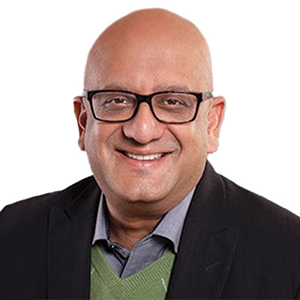There is an interesting documentary on Apple TV about Boris Becker, a tennis player champion from the mid-1980s. Becker was 17 years old when he won the Wimbledon championship in 1985. Before Becker, the youngest men’s Wimbledon champion was Wilfred Baddeley, who was 19 when he won the title in 1881.
One of the most remarkable scenes in the documentary is a moment where Becker almost defaulted from that tournament. Becker was playing in the fourth round. His opponent was up two sets to one. Becker twisted his ankle badly in the fourth set. He then walked up to the net to retire (injured) from the match, when his business manager yelled at him to take a time out. Players are allowed three minutes for injury breaks in that tournament.
Because they were not playing on Center Court, which is right by the locker rooms, it took the trainer 20 minutes to come to Becker’s aid. Becker, with tape over his blue and black ankle, continued to play. His opponent was fuming and was an emotional wreck about Becker’s longer-than-usual injury break. Becker won, made it to the quarter-finals and eventually won the Wimbledon championship, making him the youngest player to do so at that time.
The lesson in this story for me was the idea of limiting beliefs. Becker’s coach believed that Becker could play out the match, while Becker thought he was done. Becker eventually adjusted his belief by continuing to play and had an extremely successful outcome.
Limiting beliefs are the invisible barriers that hold us back from reaching our full potential. They are the negative thoughts and perceptions we hold about ourselves, others and the world around us that hinder our progress and success. These beliefs shape our attitudes, behaviors and ultimately, our outcomes. However, by identifying and challenging these beliefs, we can break free from their constraints and achieve greater fulfillment and success in life.
Limiting beliefs often stem from past experiences, upbringing, societal influences and even fear of the unknown. They can manifest in various areas of our lives, such as relationships, career, health and personal development.
Identifying limiting beliefs
Recognizing limiting beliefs is the first step toward overcoming them. Pay attention to the repetitive thoughts or narratives that hold you back. Reflect on moments when you have felt stuck or discouraged, and examine the underlying beliefs driving those feelings. At some point, most of us have felt the below.
• “I’m not smart/talented enough.”
• “I don’t deserve success/happiness.”
• “I’m too old/too young to pursue my dreams.”
• “I’ll never find love/success.”
Challenging limiting beliefs
Once identified, challenge these beliefs by questioning their validity and exploring alternative perspectives. Ask:
• What evidence supports or refutes this belief?
• How has this belief influenced my actions and outcomes?
• What would happen if I chose to believe the opposite?
• Are there others who have overcome similar beliefs or circumstances?
Replace negative self-talk with affirmations and empowering beliefs. Surround yourself with positive influences, whether it is supportive friends, mentors, or inspirational literature.
Sanjay Singh is Executive chairman of the board of directors at Mace Security International

